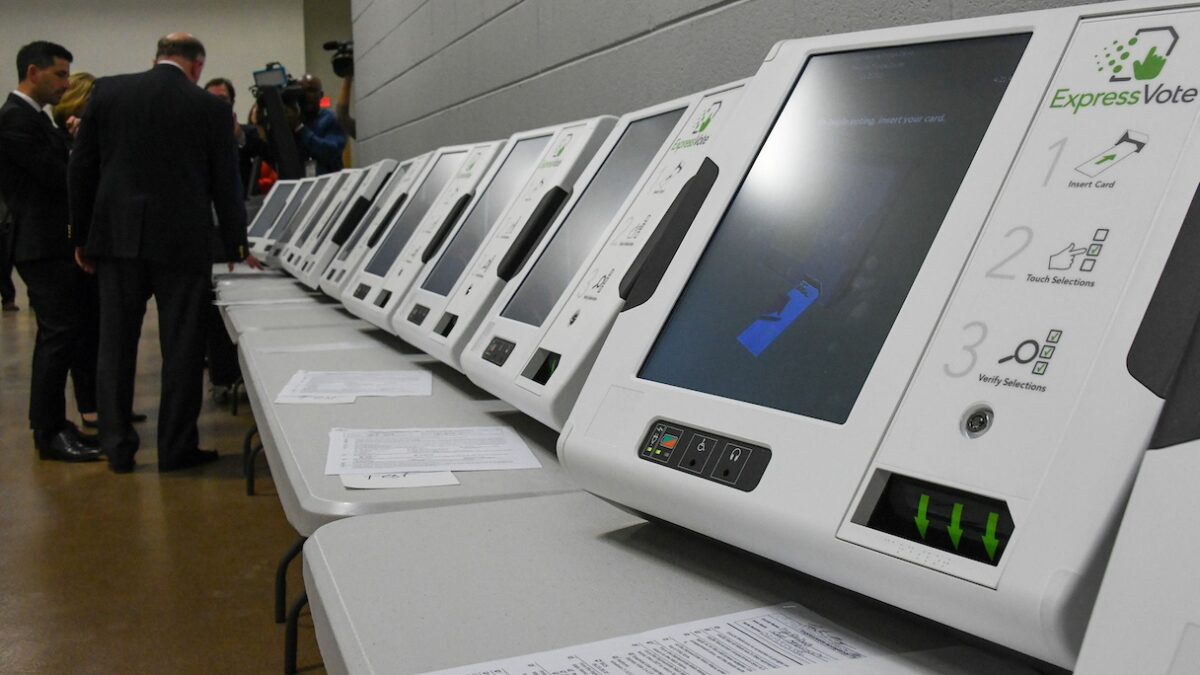
The Louisiana Supreme Court on Thursday let stand a lower court’s decision that the existence of voter fraud in a local sheriff’s race warranted a new election.
“When a court is presented with proven errors, even when no candidate is responsible for those errors, it is compelled to act and uphold our Election Code,” Justice Scott Crichton wrote, concurring with the majority decision to leave the lower court’s decision in place. “In this case, a new election will ensure confidence in the final outcome.”
Following the state’s Nov. 18 election, early results indicated that Democrat Henry Whitehorn defeated Republican John Nickelson by one vote in Caddo Parish’s sheriff’s race. While an initial recount found “three additional votes for each candidate” and resulted in Whitehorn being declared the winner, a legal challenge brought by Nickelson alleging “the count was done too quickly and could not be accurate” was taken up by a local district court.
After considering the suit, ad hoc Judge Joe Bleich determined there were numerous illegal votes cast in the race, including “two people [who] voted twice, five mail-in ballots [that] should not have been counted for failure to comply with the law, and … four invalid votes by interdicted persons who were unqualified voters.” This evidence prompted Bleich to order a new election, a decision that Whitehorn quickly appealed to the 2nd Circuit Court of Appeal.
After the circuit court affirmed Bleich’s decision, Whitehorn appealed to the Louisiana Supreme Court, which declined to take the case on Thursday, allowing a new election to move forward. In his concurrence, Crichton noted the effect one illegal vote can have on the electoral system and further commended the lower courts for reaching “the correct result in declaring the election void and ordering a new election.”
“In a race as close as this, an irregularity affecting even a single vote cannot be disregarded,” Crichton wrote.
Caddo Parish’s new sheriff election is expected to take place on March 23, according to a local outlet.
Thursday’s decision marks the second notable incident of voter fraud necessitating a do-over election in recent months. In November, for example, a Connecticut superior court ordered a new mayoral primary election in Bridgeport after it was determined there was enough evidence of fraud involving absentee ballots to warrant a new contest. While initial results showed incumbent Mayor Joe Ganim beating challenger John Gomes by 251 votes, surveillance footage released after the election showed what appeared to be a city employee affiliated with Ganim’s campaign “stuffing ballot boxes.”
Gomes initially led Ganim among votes cast in person. It wasn’t until after the absentee ballots were tabulated that Ganim surpassed his challenger.







